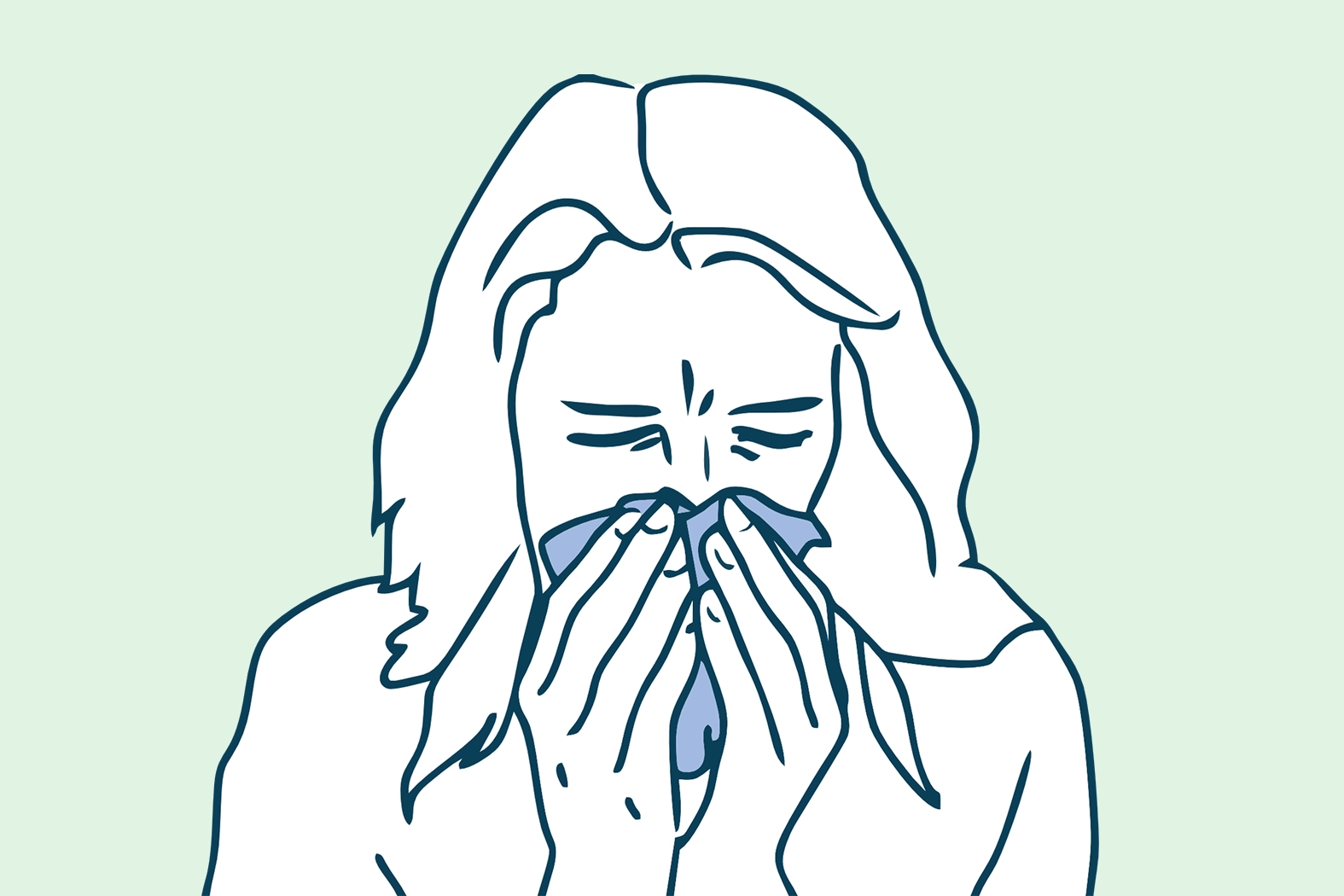To provide services at the highest level, we use cookies. Using the website requires you to choose settings related to their storage on your device. If you want to know what each type of cookie is used for, click the Details button below.
You must know this brilliant way to deal with a runny nose! 5 września 2023 |

Unfortunately, there is no way to instantly get rid of a runny nose, but you can take several actions to alleviate symptoms and speed up the recovery process. Ensure proper rest, stay hydrated, avoid cold environments, use inhalations, take pain relievers and antihistamines, and consult a doctor if symptoms persist.
Getting rid of a runny nose quickly in one day is challenging, but you can take several steps to alleviate symptoms. Use inhalations, drink warm beverages, use a humidifier, apply nasal drops, and make sure you get adequate rest and maintain good hygiene.
To quickly unblock the nose, you can try several methods. One of them is inhaling steam from hot water during a bath or shower. You can also try gently pinching your nostrils while attempting to blow air out. However, these are temporary relief methods and not permanent solutions.
Garlic is known for its antiviral and antibacterial properties, but there is no conclusive evidence that it can instantly cure a runny nose. However, regular consumption of garlic as part of a healthy diet may support overall immune health.
During a runny nose, it's advisable to avoid excessive physical exertion to avoid straining the body. Smoking cigarettes and exposure to tobacco smoke are also not recommended as they can worsen runny nose symptoms. It's a good idea to avoid contact with infected individuals to prevent the spread of infection. Do not overuse medications, especially decongestants, to avoid developing medication dependence. If symptoms persist for an extended period or are severe, it's always a good idea to consult a doctor.